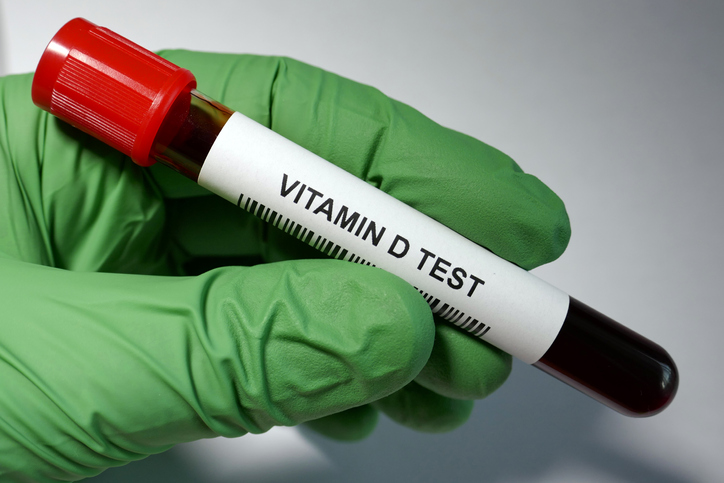
New, effective treatment for vitamin D deficiency: Study
Boston (Massachusetts), May 20
A new study demonstrates 25-hydroxyvitamin D3 is an effective treatment for vitamin D deficiency in some specific patients.
There are several million people worldwide with various fat malabsorption syndromes including those who have undergone gastric bypass surgery and those with obesity. These patients often have a difficult time absorbing vitamin D and both groups of patients are at an increased risk for vitamin D deficiency and therefore at higher risk for osteoporosis and osteomalacia (softening of the bones).
Patients with obesity are also susceptible to vitamin D deficiency as vitamin D derived from intestinal absorption and cutaneous synthesis is diluted in a larger body pool of fat. These findings appear online in the American Journal of Clinical Nutrition.
According to the researchers, approximately one-third of adults are obese and require much larger doses of vitamin D to satisfy their requirements. “This vitamin D metabolite is better absorbed in patients with fat malabsorption syndromes and since it is not as fat-soluble, it does not gets diluted in the body fat and is effective in raising and maintaining blood levels of 25-hydroxyvitamin D in obese people,” explained corresponding author Michael F. Holick, PhD, MD, professor of medicine, physiology and biophysics and molecular medicine at Boston University School of Medicine.
Healthy adults, adults with a fat malabsorption syndrome and obese adults were compared to evaluate if a more water-soluble form of vitamin D3 known as 25-hydroxyvitamin D3 was more effective than the same dose of vitamin D3 in improving their vitamin D status. The researchers observed that compared to healthy adults only about 36 percent of orally ingested vitamin D3 was found in the blood of patients with fat malabsorption syndromes including patients who had gastric bypass surgery.
When the same adults ingested 25-hydroxyvitamin D3 the patients with fat malabsorption syndromes were able to absorb it as well as the healthy adults thereby raising their vitamin D status to the same degree. A similar observation was made in the obese subjects compared to the healthy controls. “Therefore using 25-hydroxyvitamin D3 could be a novel approach for treating vitamin D deficiency in patients with fat malabsorption syndromes and obese adults,” added Holick.
Vitamin D deficiency not only results in bone loss increasing risk for fracture but causes the painful bone disease osteomalacia. Patients who are vitamin D deficient with osteomalacia have unrelenting achiness in their bones and muscles. Vitamin D deficiency has been associated with an increased risk of many chronic illnesses including multiple sclerosis, type 1 diabetes, heart disease, type 2 diabetes, depression, neurocognitive dysfunction and Alzheimer’s disease as well as infectious diseases including COVID. (ANI)
Stay connected with us on social media platform for instant update click here to join our Twitter, & Facebook
We are now on Telegram. Click here to join our channel (@TechiUpdate) and stay updated with the latest Technology headlines.
For all the latest Health News Click Here
For the latest news and updates, follow us on Google News.

